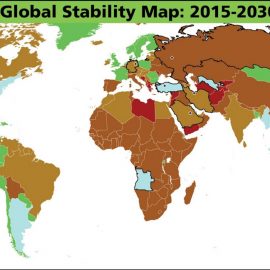This video came across my radar a week or so ago. It’s a long listen, but well worth it. Dr. Peter Zeihan goes into some of the economics and demographics of the collapse of the post-war world order. Some of these trends have gone into the background to the Maelstrom Rising series already. Zeihan’s talk has further fleshed some of them out. Now, I don’t necessarily agree with his entire forecast. I think he’s overlooking a number of, shall we say, violent variables. His outlook is almost entirely economic and demographic, leaving aside some of the potential impacts of violent ideology, desperation politics, terrorism, and “hybrid” Fourth Generation Warfare. Many of these variables have the potential to derail the economics he’s talking about. The demographics can also lead into some of these problems. As was mentioned in a discussion of this video, the solution to demographic problems has occasionally been “foreign adventures.” All of that said, the Maelstrom Rising series is predicated on the trends that Zeihan outlines. The difference is, the crisis brought about by these trends leads to desperation. And desperate governments can do things that, in the long run, are extremely destructive and stupid. Maelstrom Rising is about the
The True Legacy of the Cold War

A lot of people see the Cold War as distant history. There was even one political scientist/economist who wrote a book in 1992 claiming that the end of the Cold War was “The End of History.” Obviously, that thesis didn’t age well. But even leaving aside the nonsense that with the collapse of the Soviet Union, a new age of democracy and peace had dawned, a lot of us still see a rupture between the Cold War and the present strategic situation. There is no such rupture, though. History doesn’t work in “eras” except in high school textbooks. Yes, this is in reference to my last post. An expansion, if you will. If you want to understand why we seem to be trapped in “endless war,” then you need to understand what happened since World War II, and how that has contributed to where we are now. The Cold War has been described as the multi-decade tensions between NATO and the Warsaw Pact, marked by espionage, massive conventional forces staring at each other across the Iron Curtain, and the Mutually Assured Destruction of thousands of nuclear weapons pointed in both directions. And those were part of it. But the Cold
Setting the Stage Part 6
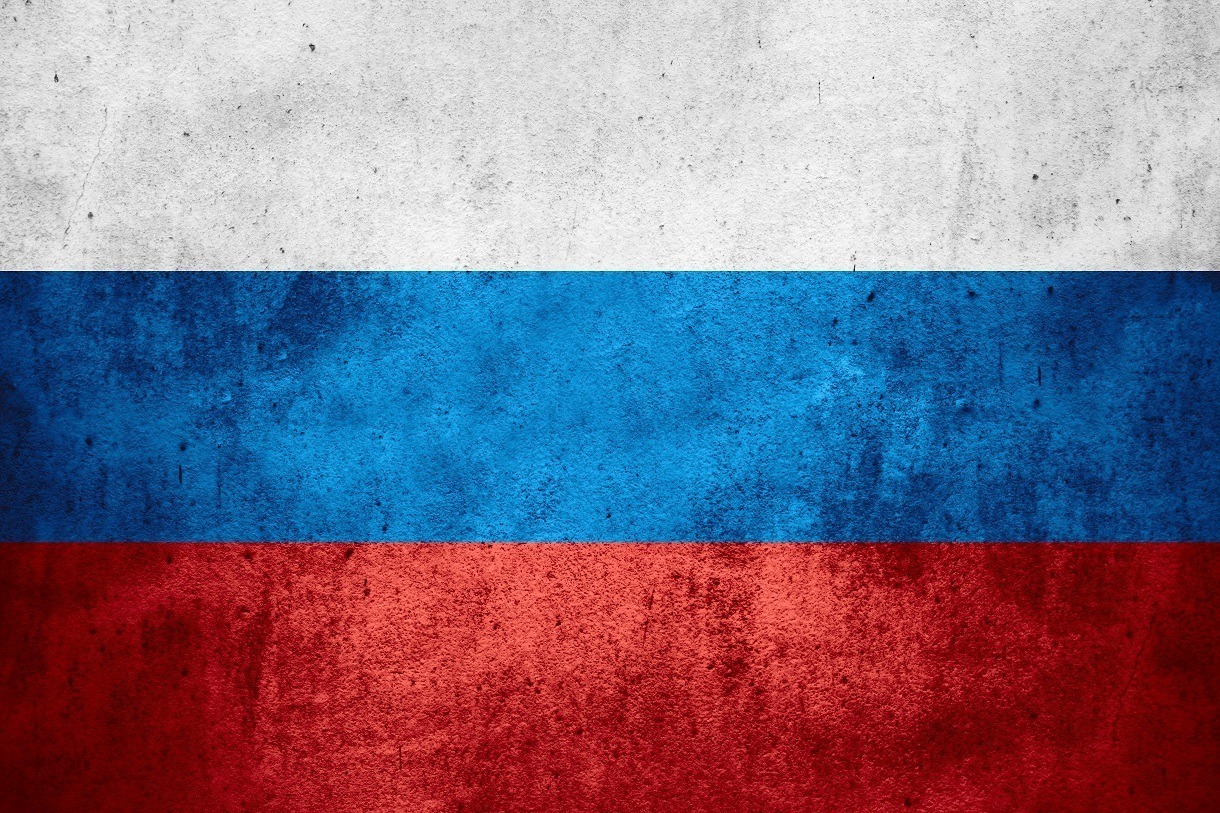
Russian actions across the former Soviet Union…have been met with open hostility from the West. While that hostility is not misplaced, given the general disregard for the Laws of Ground Warfare displayed by Russian forces, both regular and irregular, and the realities of alliances on the ground, it has led to clashes and showdowns, especially in Syria, where the Russians are backing Bashar al Assad’s government, while the US and the West have backed militias they consider to be democratic rebels
Setting the Stage Part 5: China and the West
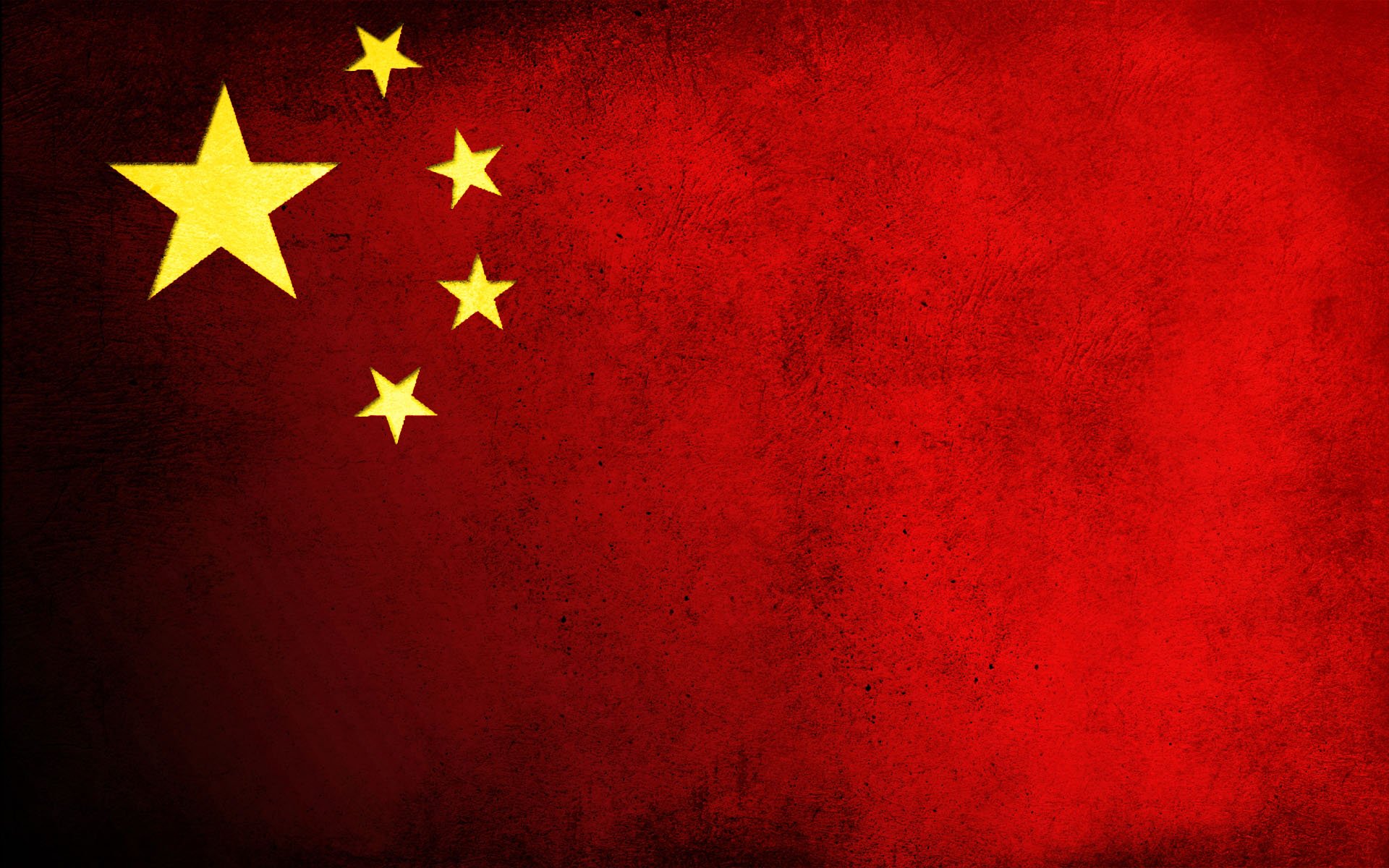
It’s not just Africa, either. Chinese companies have taken over the bulk of the resource extraction from Afghanistan, and Chinese companies have done business with Mexican cartels for illegally mined iron, stolen petroleum, and other natural resources which have become a major source of cartel income.While there have been many scenarios about war with China published, any major war between China and the West will doubtless involve considerable combat in Africa and Latin America, to cut Beijing off from its vassals and the resources they can provide.On the cyber warfare front, there have been many indicators that have not been corroborated, but the Chinese cyber warfare unit has been active against the United States for some time.
Setting the Stage Part 4
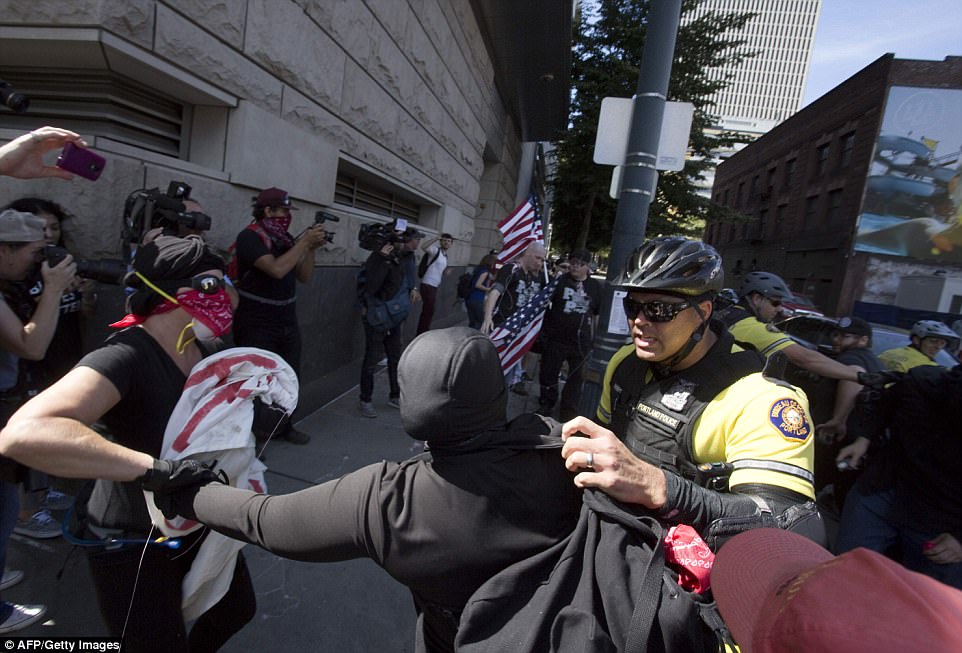
As the 21st Century has matured, the divide in the United States has gotten more and more pronounced. While in many ways it is tribal (simply look at what either major political faction will scream bloody murder about when they are the opposition, and then look the other way when it is done while their people are in office), there is a fundamental fracture in the fabric of American society. And that fissure is deepening. More and more voices call for the utter destruction of anyone who disagrees with them, no matter how petty or nonsensical the disagreement is. A side with more and more power is demanding that things that are more and more demonstrably false and counter-factual be held up as right, true, and good, and threaten the livelihoods, or the lives, of anyone who refuses. The fracture appears to be largely along political lines. But it has become much deeper than that, a cultural divide between people who assume the worst of each other, in some cases simply because of the color of skin. And the politicians and tech giants who make their millions use that divide more and more, stoking the fires of the mob for
Setting the Stage Part 3
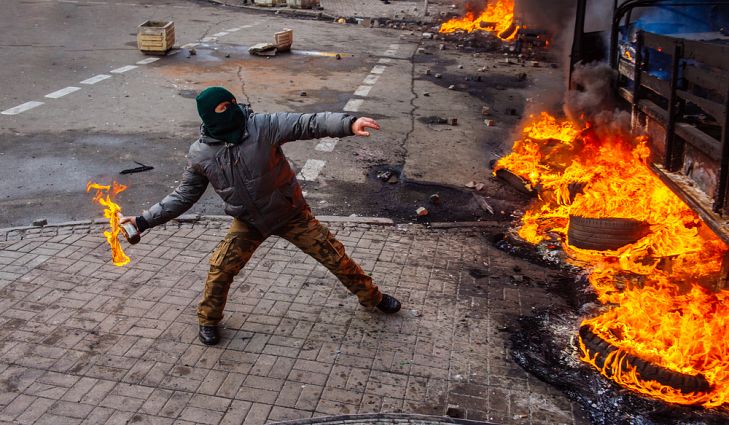
By the beginning of the Maelstrom Rising series, the global order as it has existed since shortly after the fall of the Berlin Wall and the collapse of the Warsaw Pact is disintegrating. This is happening for reasons cultural, political, and economic. Culturally, the European Union is already fracturing as this is written. There is no “European Identity,” no matter how hard the EU Parliament has attempted to enforce it, and the influx of immigrants from the Middle East and North Africa has been a source of friction in France for decades, even before the more recent push to accept hundreds of thousands from Syria, which has resulted in an uptick of terror attacks, to include truck attacks on Christmas markets and other crowds in Germany. An increasingly large segment of the populace of Western Europe is beginning to resent the imposition of the will of the elites, most evident in the Yellow Vest protests in France, which began over gas taxes, but became much wider in scope, including over President Macron’s signing of the UN resolution declaring unfettered migration as a fundamental human right, despite the majority of Frenchmen opposing such a treaty.
Setting the Stage Part 2
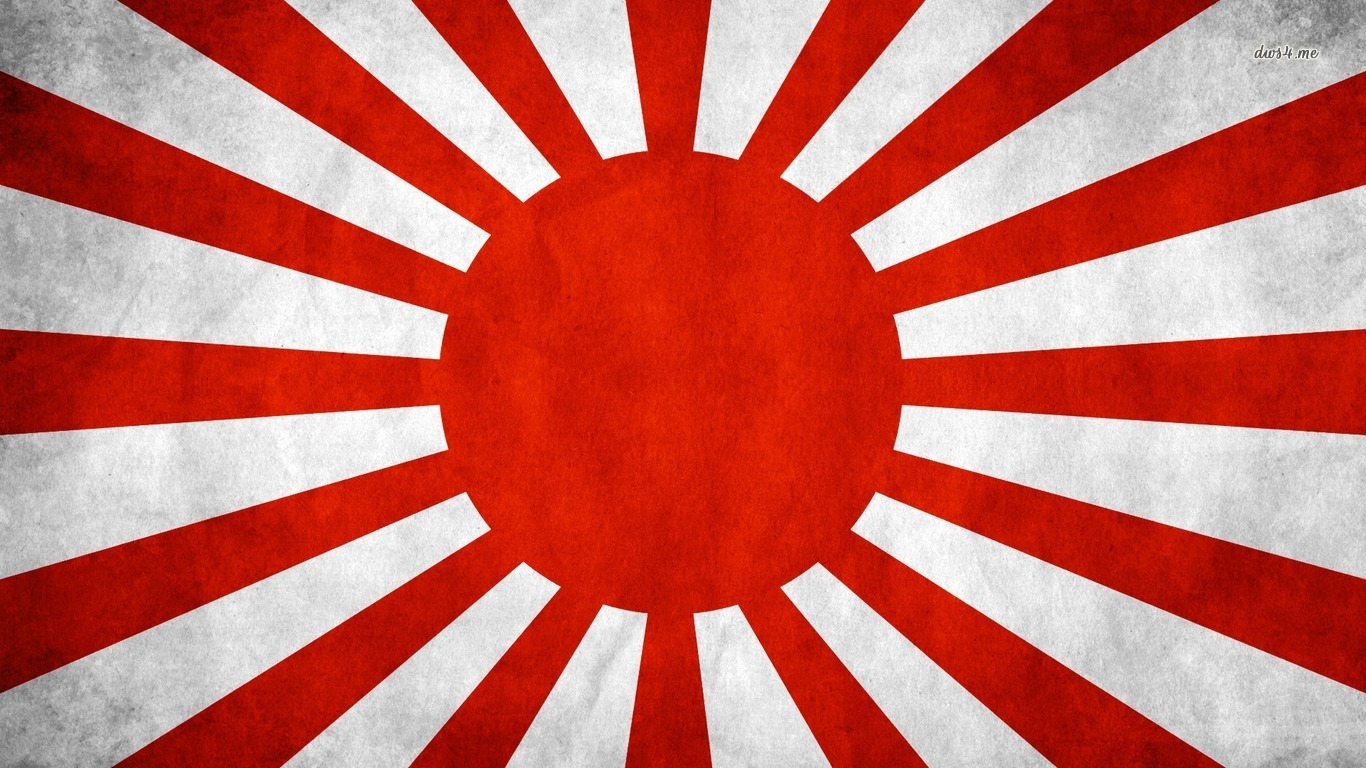
While the first-person narrative of the Maelstrom Rising series will limit each book or phase to a particular theater, the events of the series will have global scope. The interconnectedness of current global politics and economics mean that when the order breaks down in one place, there will be ripples elsewhere. And multiple simultaneous such breakdowns lead to the perfect storm that is Maelstrom Rising. The events in East Asia and the Western Pacific during this series will be rooted in current trends already happening over the last ten years or more. While most open focus has been on China and North Korea (which will be dealt with in later installments of this article series), this article will look at the near future of Japan. Specifically, the near future of Japan as a military power.
Setting the Stage, Part 1
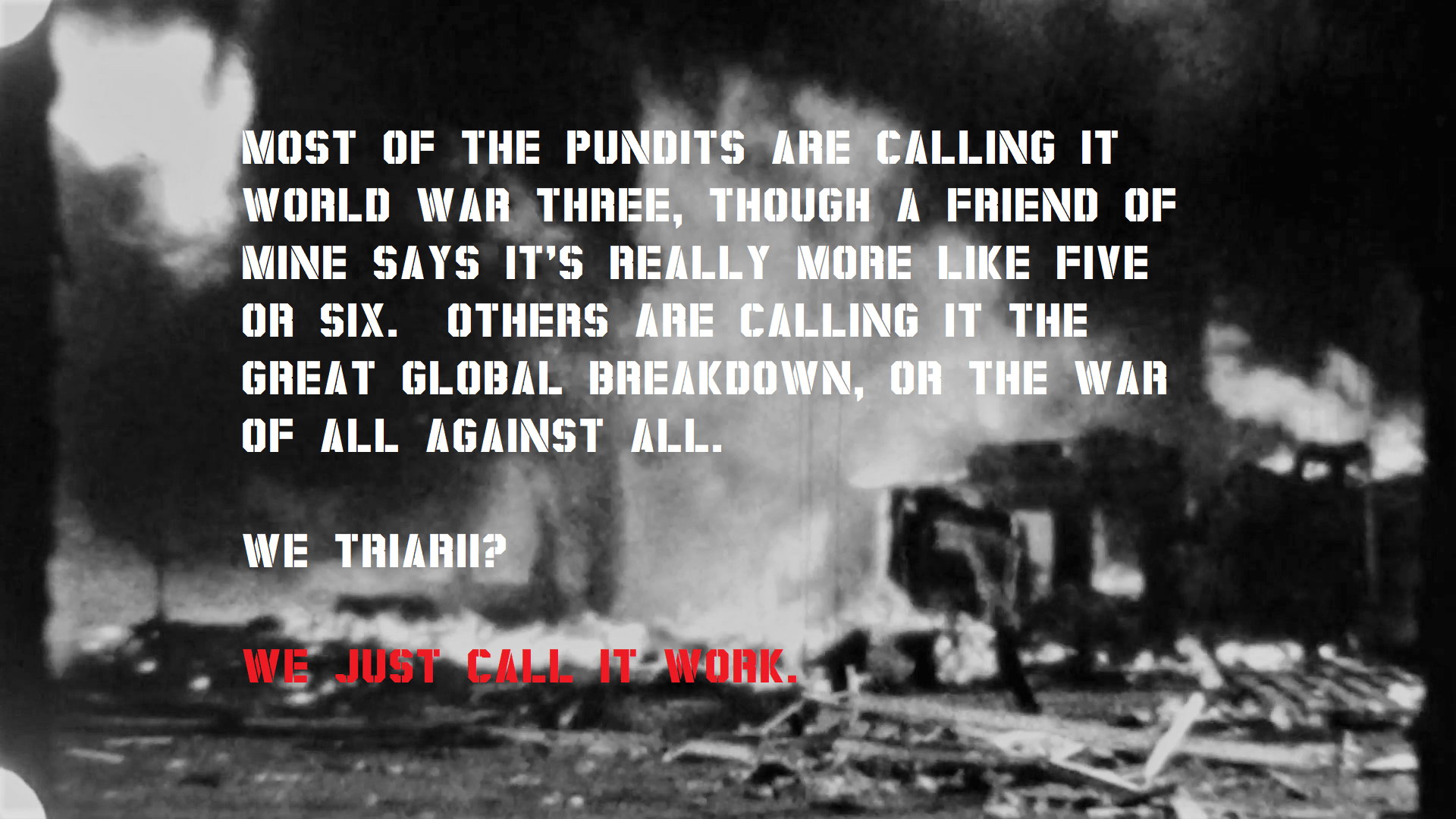
The idea for my current work in progress came a couple years back. It involved a complete breakdown in what we have come to consider the “global world order” since the disintegration of the Soviet Union and the paradigm shift represented by Operation Desert Storm (though the whirlwind victory and subsequent return to the status quo represented by that short-lived war turned out to be more of a fluke than a lasting reality, despite it forming the basis for most of Tom Clancy’s post-Cold-War fiction). While the American Praetorian series had already represented some of a similar model of breakdown, it was largely focused on the continuing war against jihadism, and that war’s unintended consequences. This is something different.
Revolutions and Civil Wars
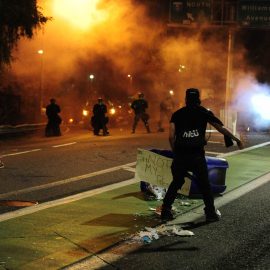
One of the themes I tried to explore a little in Lex Talionis is civil strife and out-and-out civil war. (The line between “revolution” and “civil war” is thin, murky, and often non-existent. A “civil war” ends up, much of the time, being a “revolution” that didn’t succeed right away.) Some of the reason for this was, admittedly, in reaction to not only some of the civil strife we’ve already seen on the streets of American cities (and out in the boonies, as well, with the Cliven Bundy bunch), but also some of the calls I’ve seen on the blogosphere and social media, on both sides of the political divide, for “revolution” or “let’s get the civil war over with already.”
